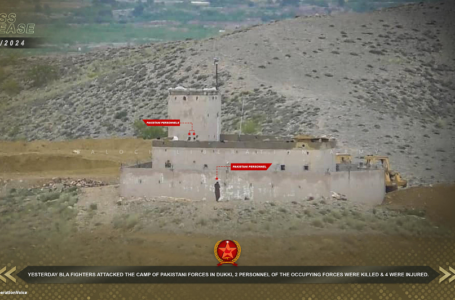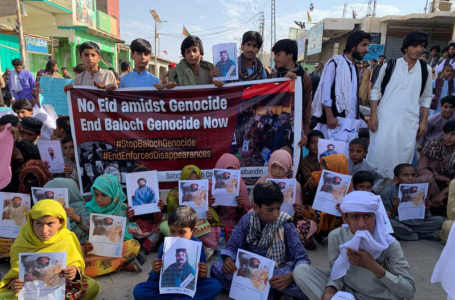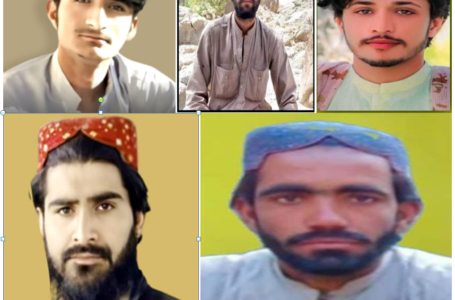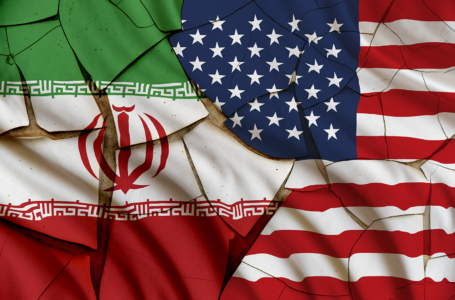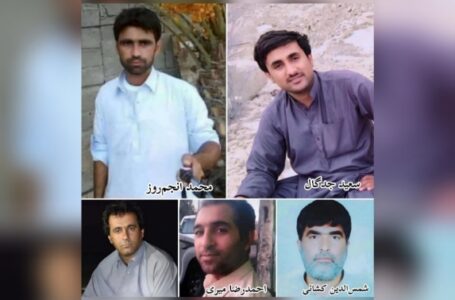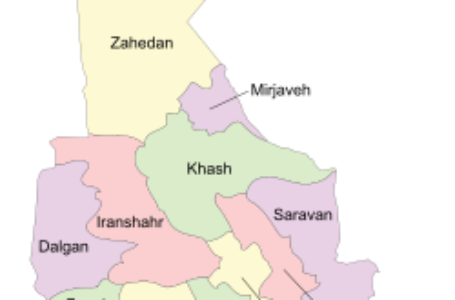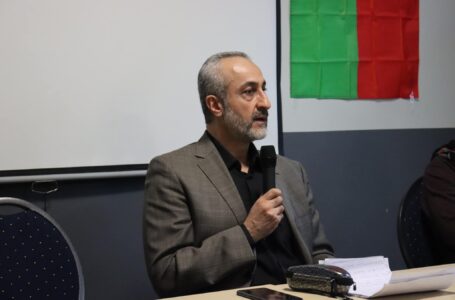Foreign countries should refrain from becoming Pakistan’s partner in Baloch Genocide: FBM
Balochistan: Pakistan’s Shi’ite Hazara on Hunger Strike to Protest Targeted Killings
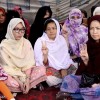
Pakistani lawyer Jalila Haider, center, from Hazara Shiite minority community observes hunger strike with others at a camp in Quetta, Pakistan, Monday, April 30, 2018. A lawyer in Pakistan has gone on hunger strike to bring attention to a string of killings of Shiites in the city of Quetta. (AP Photo/Arshad Butt)
BW News Webdesk: ISLAMABAD — Members of Pakistan’s Hazara community, a minority Shi’ite sect, are on a hunger strike for a third day against the targeted killings their community has faced for years.
The number of killings has recently increased, with four separate attacks in April alone.
“I want to request army chief (Qamar Javed) Bajwa to come here as a common man, as a father, as a husband, and feel our pain. We have 3,000 widows and 10,000 orphans. Face them. Tell them why their loved ones are being killed,” said Jalila Haider, a lawyer and a human rights activist belonging to the community.
“Who are these people who come and shoot our youth despite the presence of security check posts,” asked Raheela Haider, another striker. “We want to find out who they are.”
Provincial Home Minister Mir Sarfaraz Bugti visited the hunger strike camp late Sunday and assured Haider and others that the regional government was taking steps to arrest elements involved in the targeted killings. Haider, however, rejected Bugti’s request to end the strike.
Thousands of Hazaras have been killed in bomb blasts or shootings over the last two decades. Sunni militant groups have taken responsibility for most of those incidents.
In most of the attacks, the assailants managed to escape.
The Hazaras reside primarily in Pakistan, Afghanistan, and Iran. In Pakistan, Shi’ites are a regular target of Sunni militant groups. Hazaras seem to bear the brunt of that violence since their distinctive facial features, a mixture of Mongolian and Central Asian ancestry, make them easily identifiable. In addition, many of them live in two large clusters in Quetta and have limited routes out of their communities, making attacks easier to plan.
Over time, the government tried to protect their main communities in Quetta, the capital of the restive Balochistan province, by putting walls around their neighborhoods guarded at the entrance by Frontier Constabulary, a paramilitary force.
Hazaras complain that their neighborhoods have turned into large prisons, where they are free to move about as long as they do not step outside. If they do, to conduct business or pursue their education, they risk death.
Last year, a high school graduate, Ali Haris, told VOA that up to 80 percent of his high school class gave up the prospect of a university education out of fear. To go to college, they would have to leave the safety of their protected community and travel through parts of the city where Hazaras regularly become targets.
Pakistan’s National Commission of Human Rights (NCHR), established in 2012 to meet the country’s international obligations, said in a recent report that more than 700 Hazaras were killed in various incidents of terrorism in Quetta in the last five years.
Sources: VOA report by Ayesha Tanzeem


